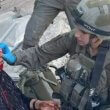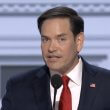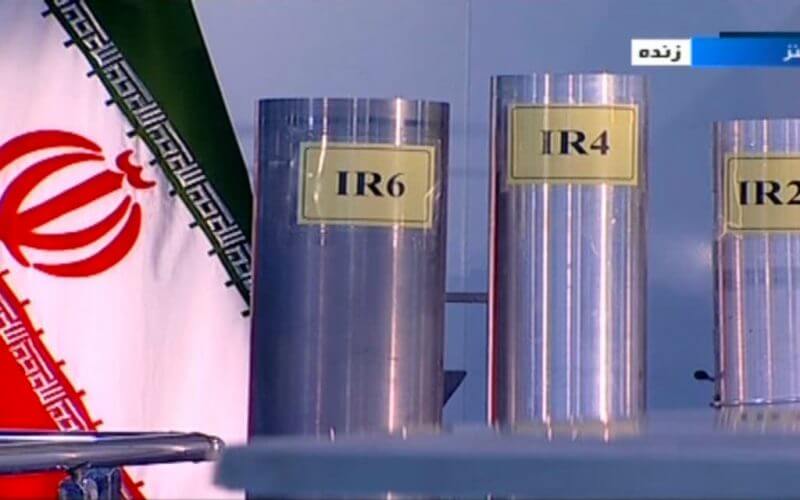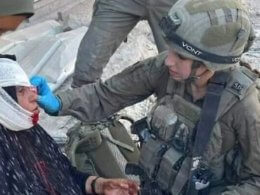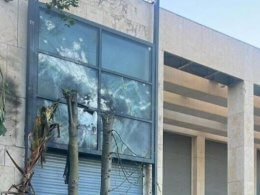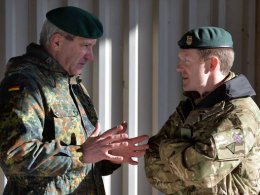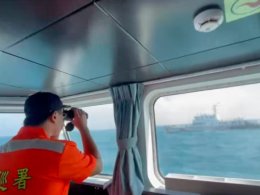The International Atomic Energy Agency (IAEA) is giving the Iranian regime yet another chance to explain the origins of uranium traces found in several undeclared sites in Iran throughout the last two years in talks that started Monday.
If the talks do not result in a satisfactory explanation from Iran, this could potentially derail efforts to revive the 2015 Joint Comprehensive Plan of Action (JCPOA) or nuclear deal, as it would expose Iran for failing to comply with the agreed-upon nuclear oversight from the start of the original deal.
Many nuclear deal opponents also believe the traces are evidence that Iran intentionally obscured its nuclear ambitions when they signed the nuclear deal.
“After 18 months, Iran has not provided the necessary, full and technically credible explanation for the presence of these particles. In the absence of a technically credible explanation from Iran, the Agency is deeply concerned that undeclared nuclear material may have been present at this undeclared location and that such nuclear material remains unreported by Iran,” said IAEA’s Director General Rafael Mariano in a statement March 1.
Mariano also addressed three other locations Iran refused to provide information about “relating to the possible presence…of nuclear material.”
According to March reports, in an effort to prevent hindering nuclear talks between Iran and the West, the IAEA promised Britain, France and Germany it would hold talks with Iran to address the apparent safeguard breach.
In exchange, European powers held off on presenting a resolution that would criticize the regime’s violation.
The IAEA has not yet responded to The Foreign Desk’s request for comment on Monday’s talks.
As the IAEA seeks answers to the undeclared nuclear traces in Iran, the U.S. continues indirect negotiations with Iran in Vienna to revive the 2015 nuclear deal.
“The worst-case scenario of course is that…we reenter the deal. The deal won’t address many of the loopholes which it didn’t address back in 2015, and Iran will be left with an industrial scale nuclear program and the controls upon it lifted…The best-case scenario would be that we not lift sanctions so that the Iranians remain under pressure” said American Enterprise Institute Resident Scholar Michael Rubin to The Foreign Desk Monday.
“Some people will say maximum pressure doesn’t work,” but this is “simply ignorance of history,” says Rubin.


